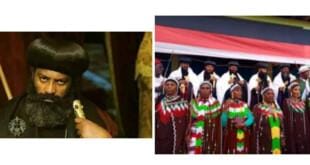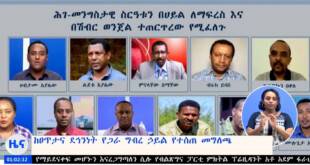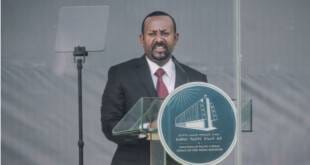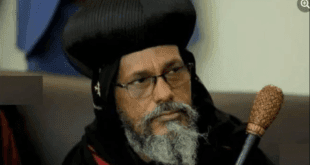The country’s ruling coalition appointed Ahmed the new leader after weeks of uncertainty and protest.
He succeeds former Prime Minister Hailemariam Desalegn, who unexpectedly resigned February 15.
Hailemariam took power in 2012 and was chairman of the Ethiopian People’s Revolutionary Democratic Front (EPRDF), which has ruled since the fall of the Derg regime in 1992.
Ahmed, 42, is Ethiopia’s first Oromo prime minister. The Oromos, Ethiopia’s largest ethnic group, make up around a third of the nation’s 100 million population.
The swearing in of Ahmed is seen as an attempt to calm divisions. The nation has been in an official state of emergency since February 16 and has experienced two years of protests.
The country has witnessed rising tensions amid protests from Oromo groups in the Oromiya region, and a crackdown from the government which, human rights groups say, has suppressed basic rights and freedoms.
Speaking on state television after the ceremony, the new prime minister also appealed to the Eritrean government to solve “years of misunderstanding.”
Eritrea seceded from Ethiopia in 1992, and between 1998-2000 the countries clashed. The two nations have had poor relations since.
Ethiopia is Africa’s second most populous country. Despite political turmoil, according to the World Bank the East African nation has the fastest growing economy in the region.




